Produced by the Institute for Economics & Peace (IEP), the GPI is the world’s leading measure of global peacefulness. This report presents the most comprehensive data-driven analysis to-date on trends in peace, its economic value, and how to develop peaceful societies. This is the 18th edition of the Global Peace Index (GPI), which ranks 163 independent states and territories according to their level of peacefulness, covering 99.7 per cent of the world’s population.
This year’s results found that the average level of global peacefulness deteriorated by 0.56 per cent. This is the 12th deterioration in peacefulness in the last 16 years, with 65 countries improving and 97 deteriorating in peacefulness. This is the highest number of countries to deteriorate in peacefulness in a single year since the inception of the index.
Malaysia moved into the top 10 most peaceful countries globally, rising 9 spots from last year. It is also the third most peaceful nation in the Asia-Pacific region. This marks a significant improvement from 2014, when the country ranked 33rd out of 163 countries in the Global Peace Index. The improvement in rankings highlights its progress in maintaining peace and stability over the years.
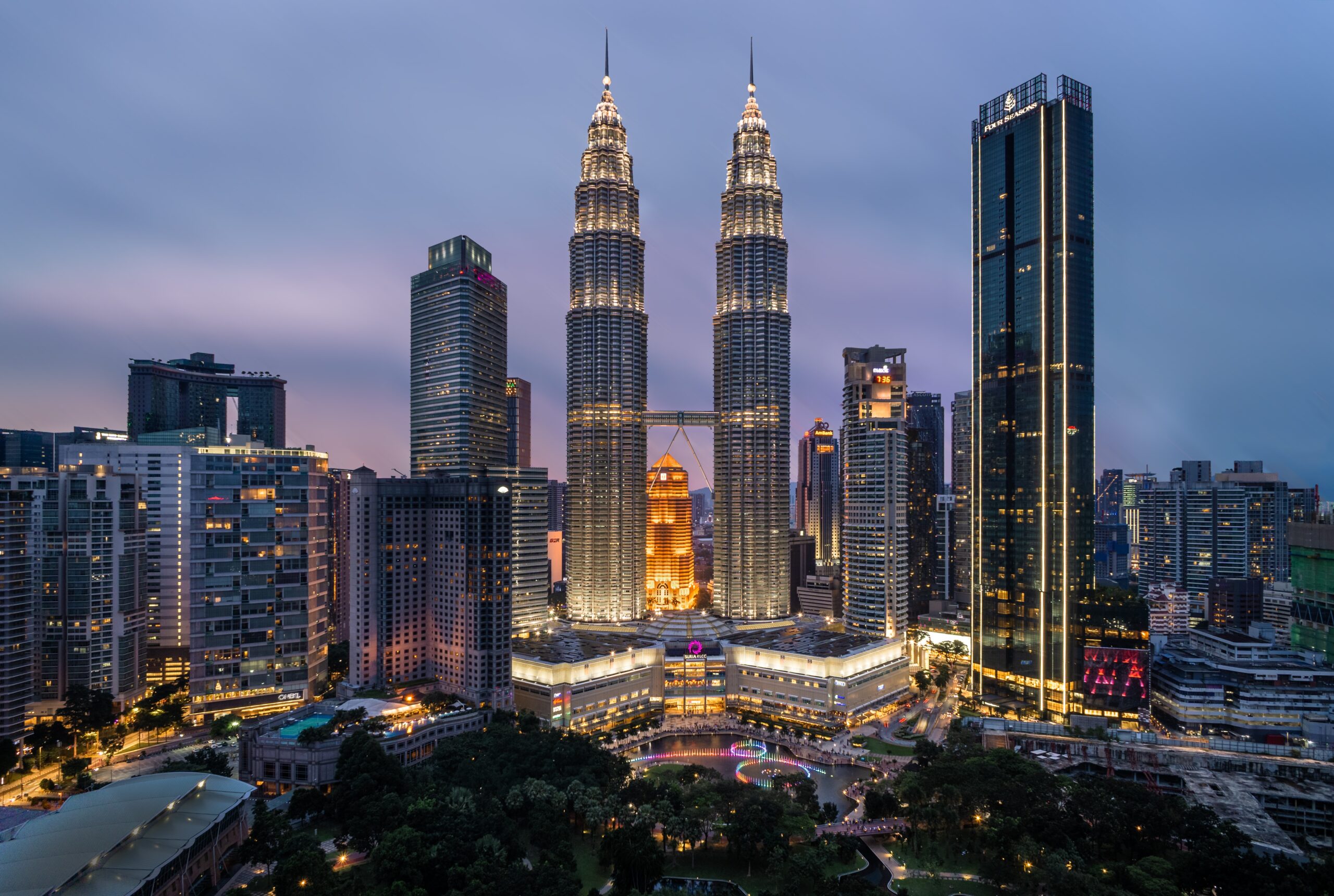
Slovenia remains the only country in Central Europe to place in the top ten most peaceful countries in the 2024 Global Peace Index. It experienced a drop in rankings since the last GPI, now standing as the 9th most peaceful country in 2024. It ranks 5th in the Militarisation domain and is the seventh most peaceful nation in Europe.
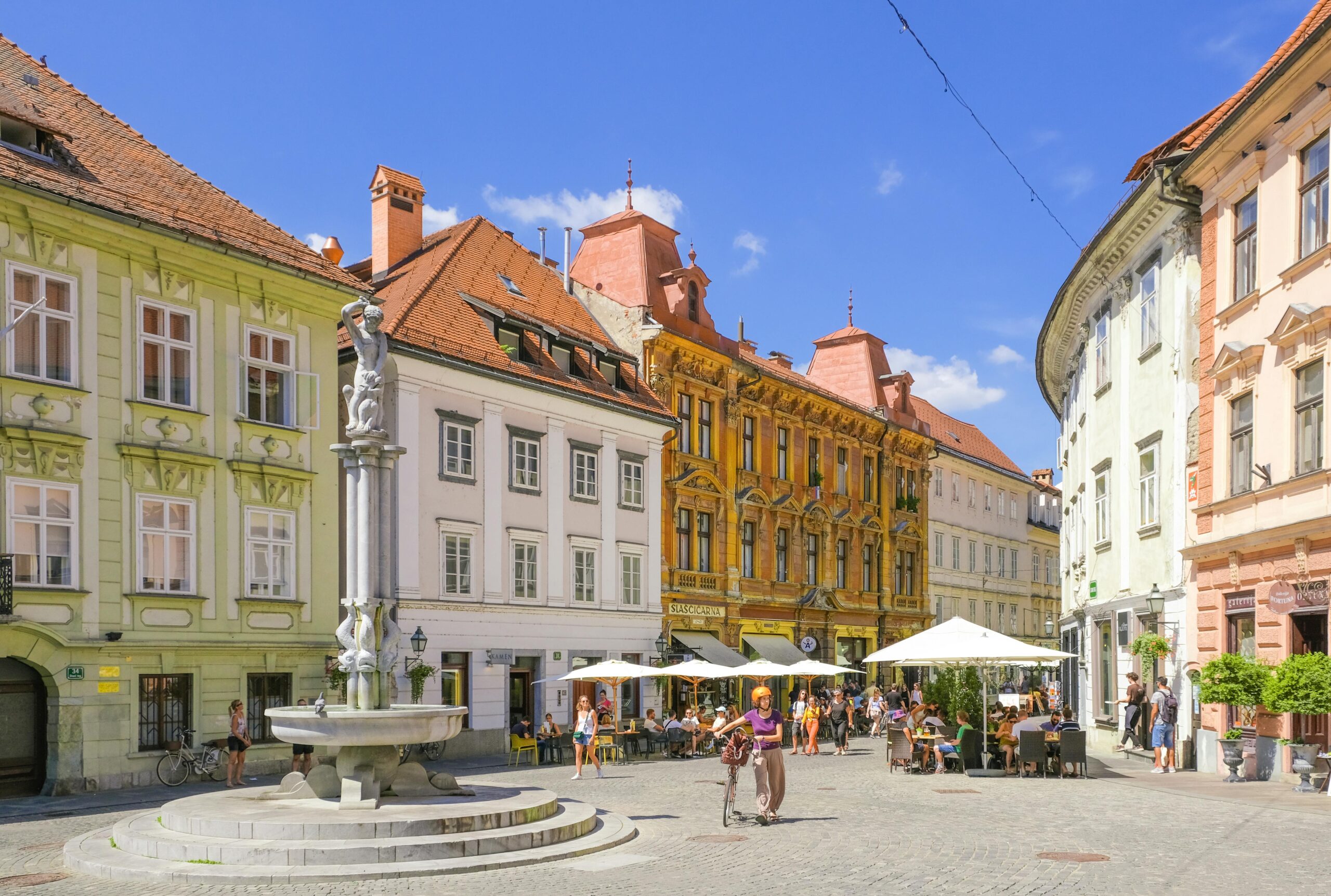
Denmark experienced a decline in its Global Peace Index ranking, now standing at 8th in 2024, down from 5th in the previous year. It is the sixth most peaceful country in Europe. However, Denmark recorded a higher score in the Militarisation domain, attributed to increased levels of weapons imports and exports in the past year. The country’s economic cost of violence accounts for 4.4% of its GDP.

Portugal is ranked 7th in the 2024 Global Peace Index and is the fifth most peaceful country in Europe. It also ranks second in the Militarisation domain. The economic cost of violence in Portugal accounts for 5.52% of its GDP. Over the years, Portugal has made significant progress in its peace rankings, having been positioned 14th out of 163 countries in 2014.

Switzerland made a notable advancement by climbing three places in the index and is now ranked 6th, improving from 9th in 2023. It is also the fourth most peaceful nation in Europe and ranks fourth in the Safety and Security domain. Notably, Switzerland is among the ten highest weapons exporters per capita. The economic impact of violence in the country accounts for 4.13% of its GDP.
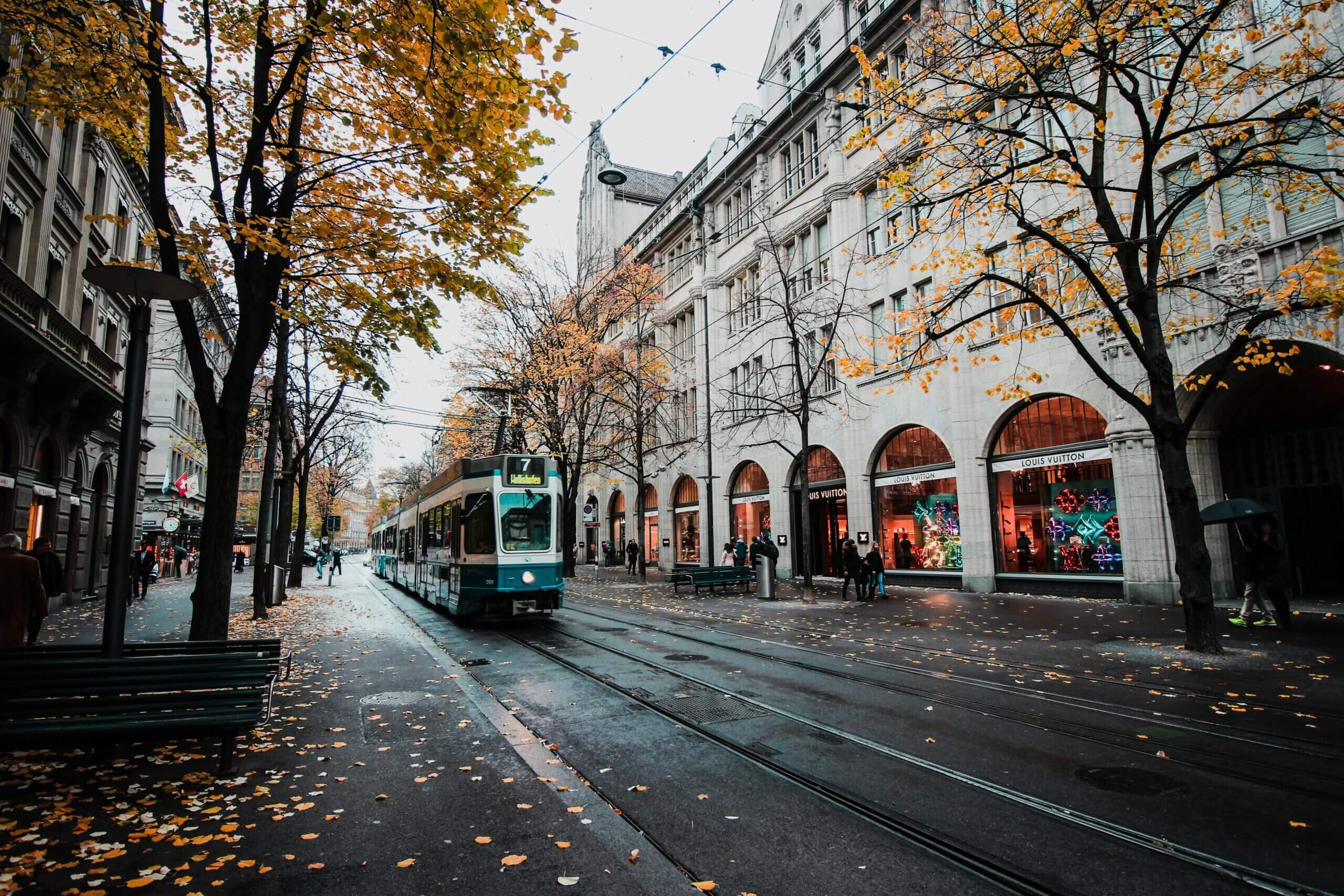
Singapore is now the 5th most peaceful country in the world, achieving a spot in the top five for the first time. It remains the second most peaceful nation in the Asia-Pacific region. Notably, Singapore ranks first in both the Safety and Security and Ongoing Conflict domains. The country is among the top 20 nations with the highest military expenditure, with per capita spending of USD 3,535.43. The economic cost of violence accounts for 5.45% of its GDP.
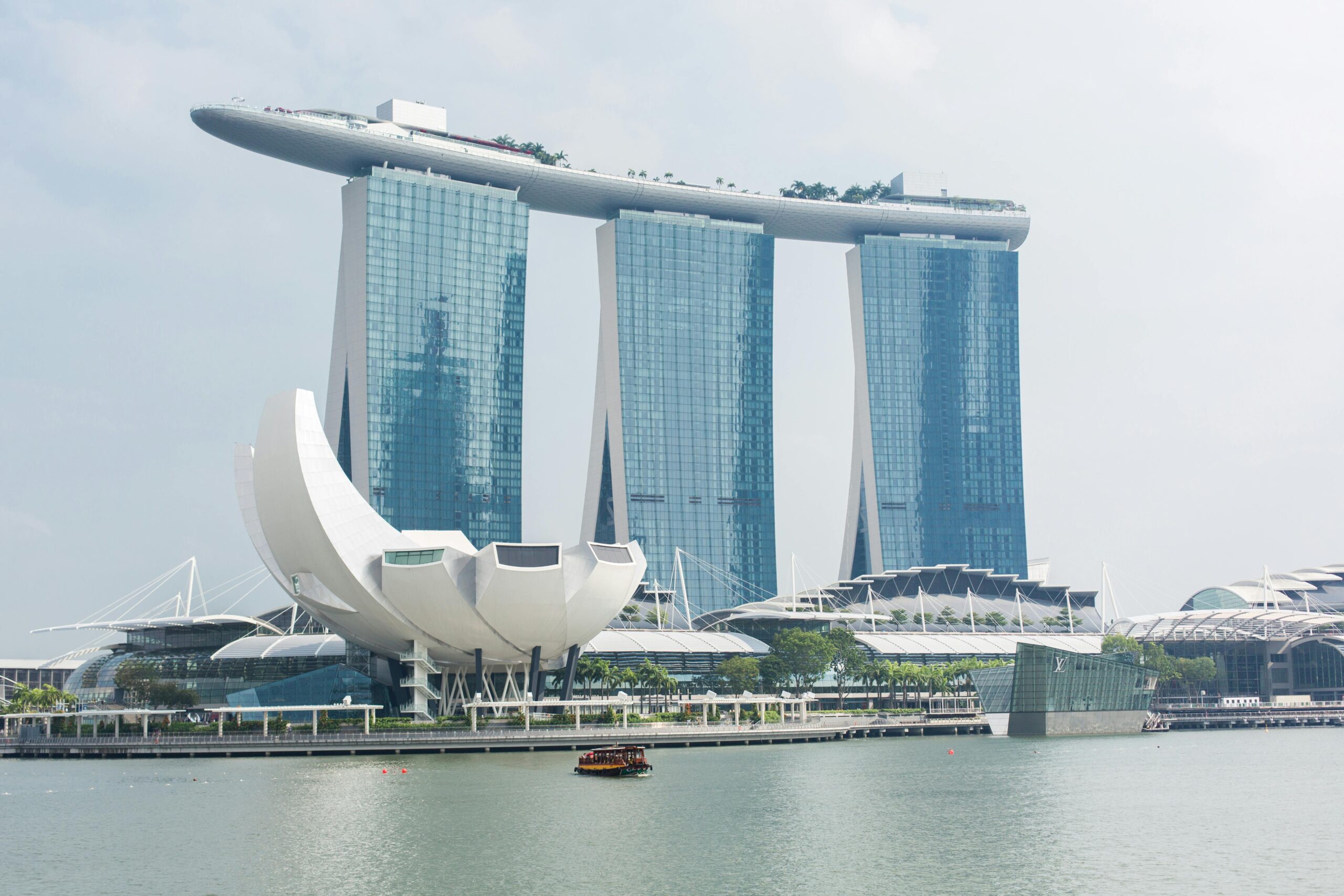
New Zealand is the most peaceful country in the Asia-Pacific region and is ranked fourth globally in the 2024 GPI. It recorded a slight deterioration in peacefulness over the past year, owing to declines in both weapons imports and weapons exports indicators, as well as a rise in military expenditure as a percentage of GDP. In recent years, New Zealand’s Defence Force (NZDF) has faced challenges related to personnel retention and the state of its partially outdated navy and air force. To address these issues, the budget for the NZDF has been increased, leading to a deterioration in the Militarisation domain. The Ongoing Conflict domain remained unchanged, while the Safety and Security domain marginally improved due to a reduction in the terrorism impact indicator.

Austria is the third most peaceful country in the world and in Europe. The country performs well across all the Global Peace Index domains, securing a position within the top 15. It is recognised for its low economic cost of violence. The economic impact of violence in the country accounts for 4.23% of its GDP.

Ireland has moved up one spot to rank as the second most peaceful nation in the world. It is also the second most peaceful country in Europe and ranks 5th lowest in terms of the economic cost of violence. The economic impact of violence in Ireland accounts for 2.86% of its GDP. It is one of four European Union members that are not part of NATO.
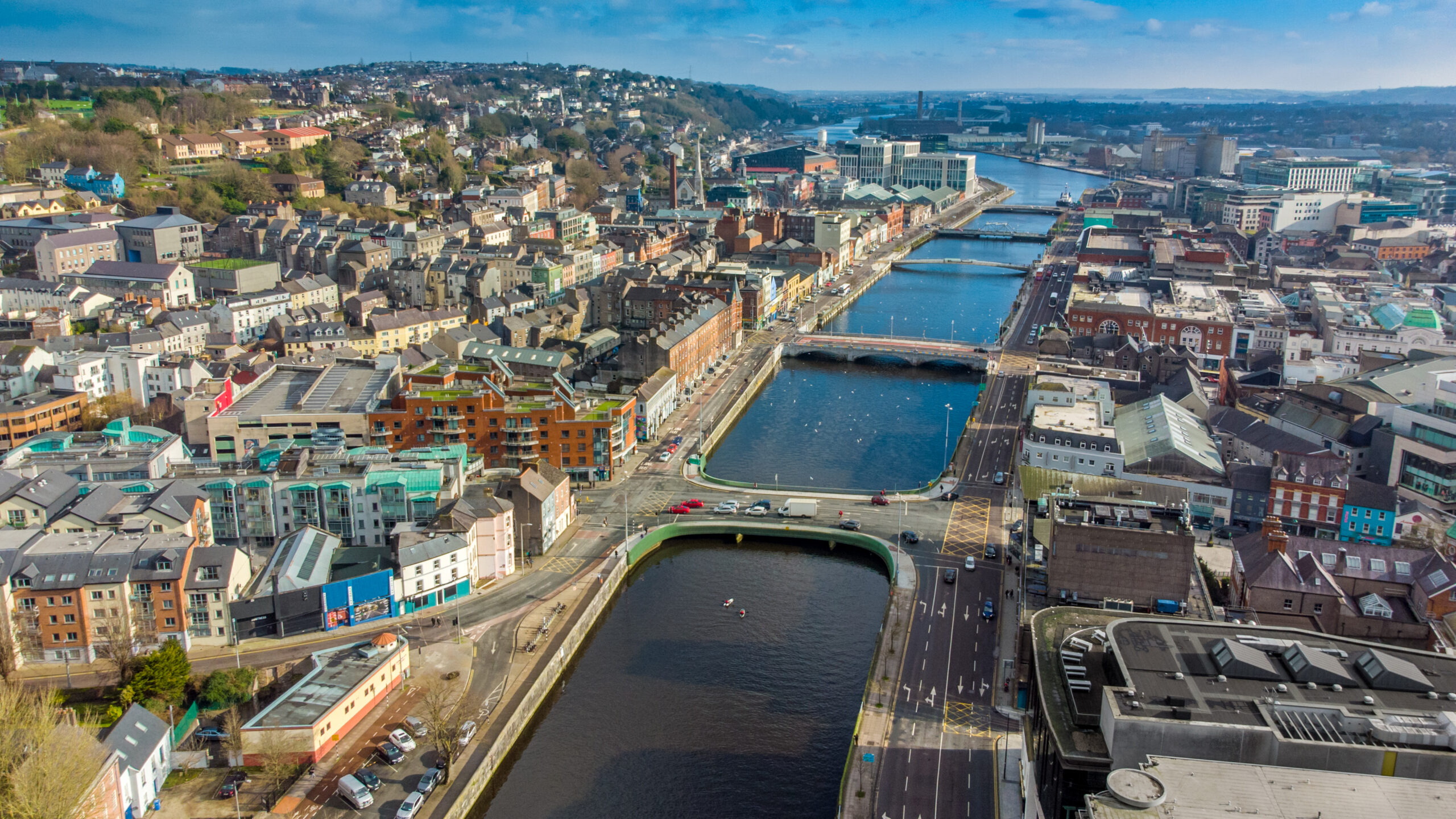
Iceland is the most peaceful country in the world in 2024. It proudly maintains this status since the inception of the Global Peace Index and is also the most peaceful country in Europe. Among the three GPI domains, it ranks second in the Safety and Security domain and remains the most peaceful in both the Ongoing Conflict and Militarisation domains. However, its overall score deteriorated by 1.55% over the past year due to a small increase in the number of violent demonstrations. Despite this rise, Iceland remains significantly ahead of other countries in terms of peacefulness, with the gap between the top two countries in the 2024 GPI being equivalent to the gap between the second and 15th ranked countries.

Download and read the 2024 Global Peace Index Report and view the Global Peace Index interactive map. To know more about how peace can be sustained in societies, read the 2024 Positive Peace Report (PPR). You can also find us on Facebook, Twitter, and Instagram.